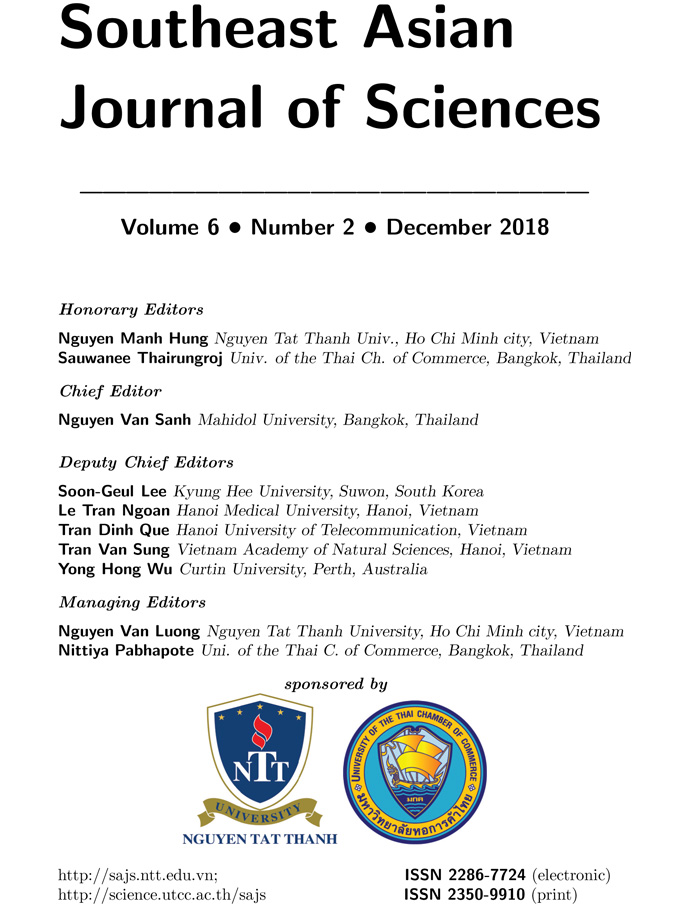NURSING STUDENT ATTITUDES AND BARRIERS TOWARD RESEARCH IN THE CONTEXT OF EDUCATION: A CROSS-SECTIONAL STUDY IN HO CHI MINH CITY
Abstract
Nurses’ attitudes toward research have been extensively studied, but limited data exists on the attitudes and barriers faced by nursing students. Understanding these factors is crucial, as positive attitudes toward research can inspire students to engage in research activities, enhance their skills, and apply evidence-based findings in clinical practice to improve patient outcomes.This study aimed to explore the attitudes, barriers, and influencing factors related to research among nursing students at Nguyen Tat Thanh University, Ho Chi Minh City. A crosssectional study involving 520 nursing students was conducted between December 2023 and September 2024. Data were collected through a self-administered questionnaire, incorporating the Attitudes Toward Research (ATR) scale and a barriers-to-research scale. Statistical analyses included Chi-square/Fisher’s exact tests and logistic regression.The study found that 63.7% of nursing students exhibited a positive attitude toward research, while 36.3% displayed poor attitudes. The overall mean attitude score was 4.74 ± 0.87. Students with B and C grades in research courses had significantly better attitudes toward research, with odds ratios of 2.54 (95% CI: 1.30-4.96) and 2.68 (95% CI: 1.07-2.54), respectively. The primary barriers identified were personal reasons (mean = 3.65± 0.68), lack of university policy support (mean = 3.37± 0.81), and insufficient mentorship and curriculum support (mean = 3.17 ± 0.75). Most nursing students demonstrated positive attitudes toward research, though significant barriers remain. Universities should foster a researchpositive culture by encouraging student participation in research activities, enhancing mentorship, and making a bachelor’s thesis a graduation requirement. These initiatives can empower future nurses to embrace evidence-based practice and contribute meaningfully to patient care.

